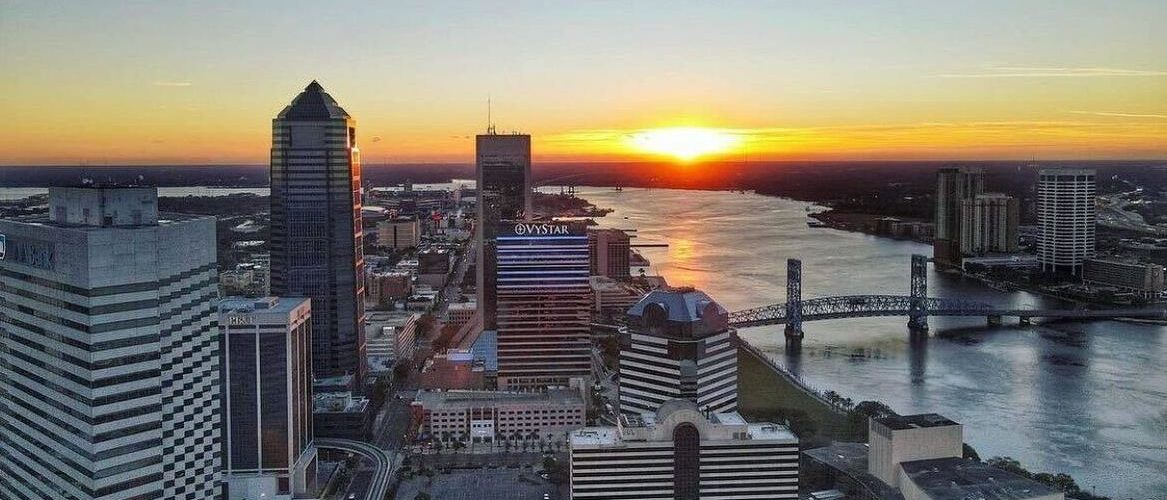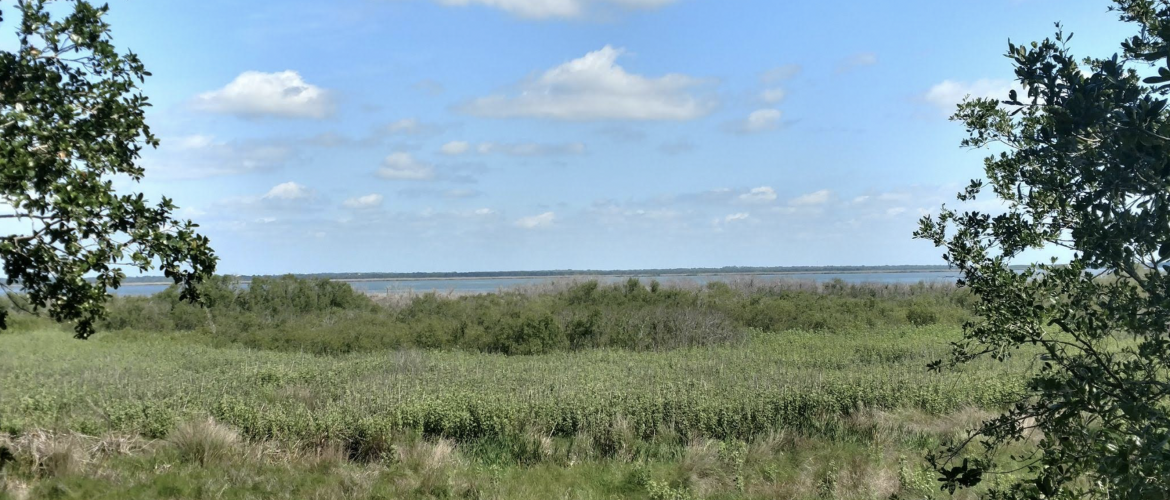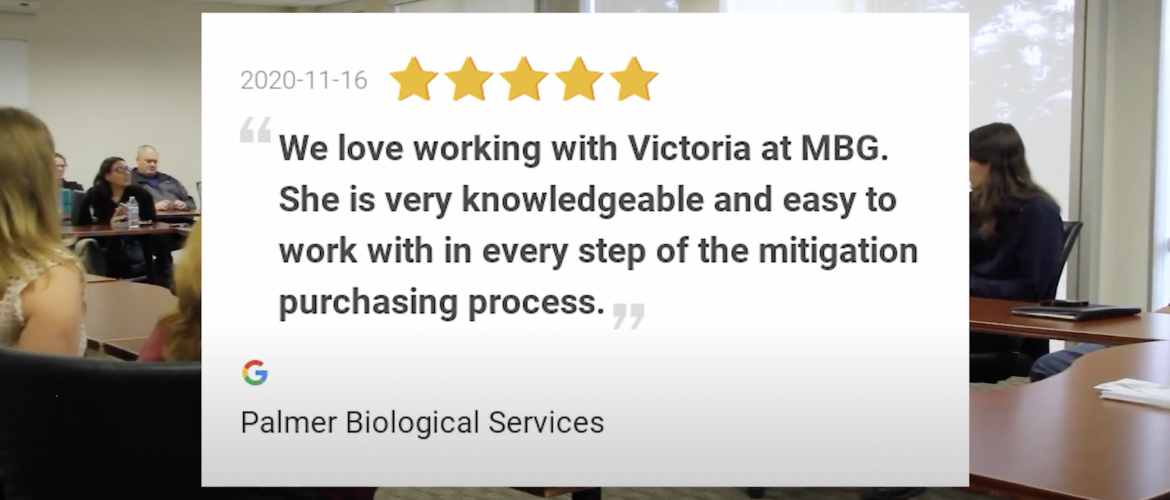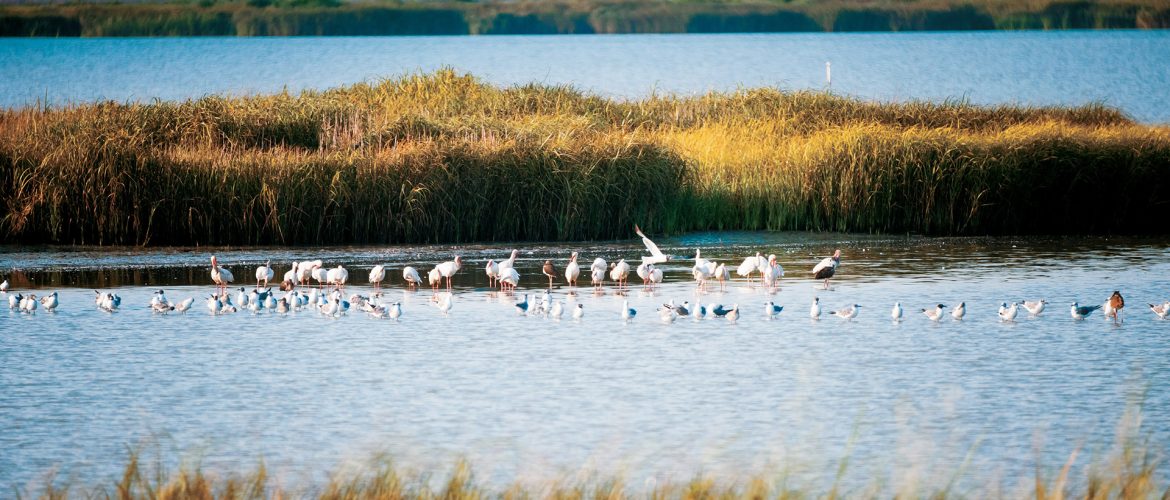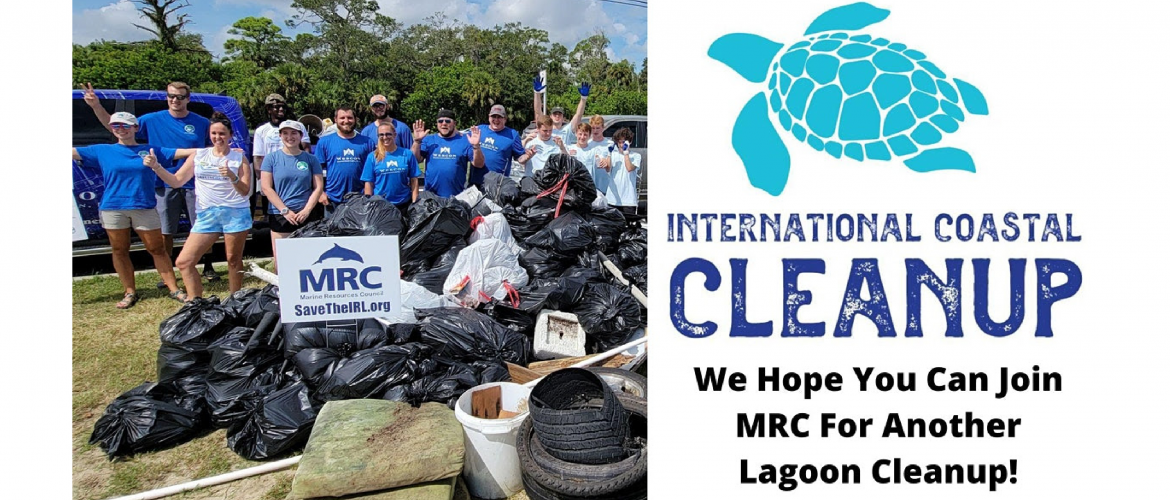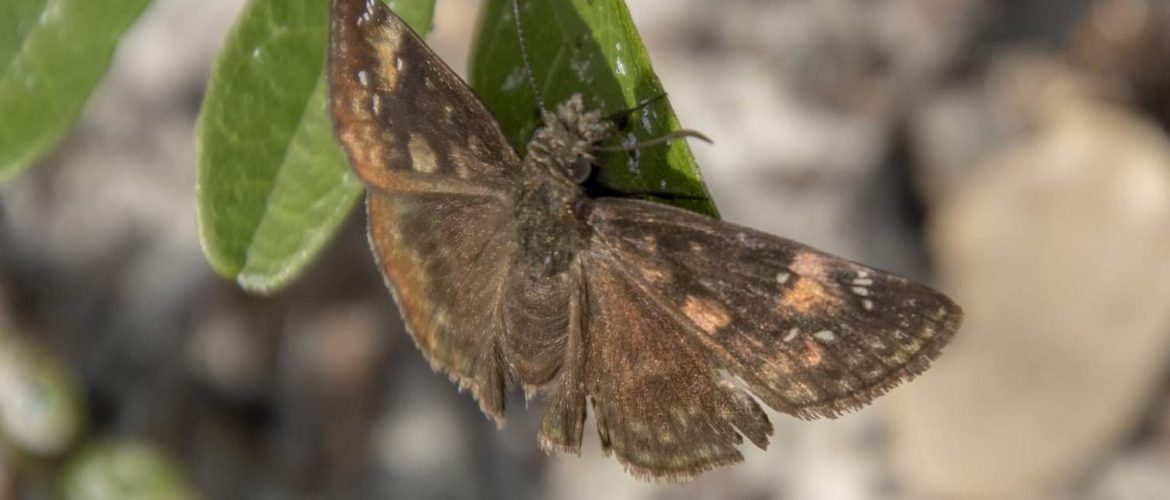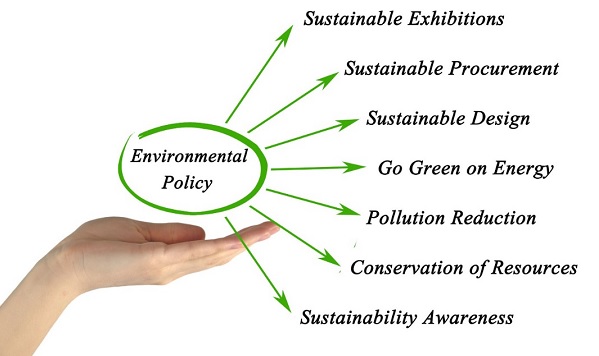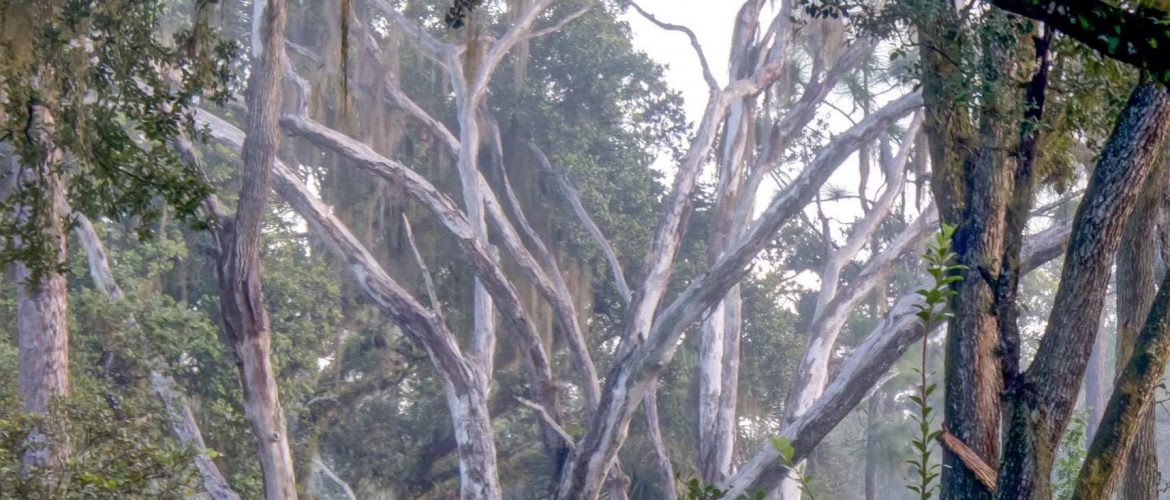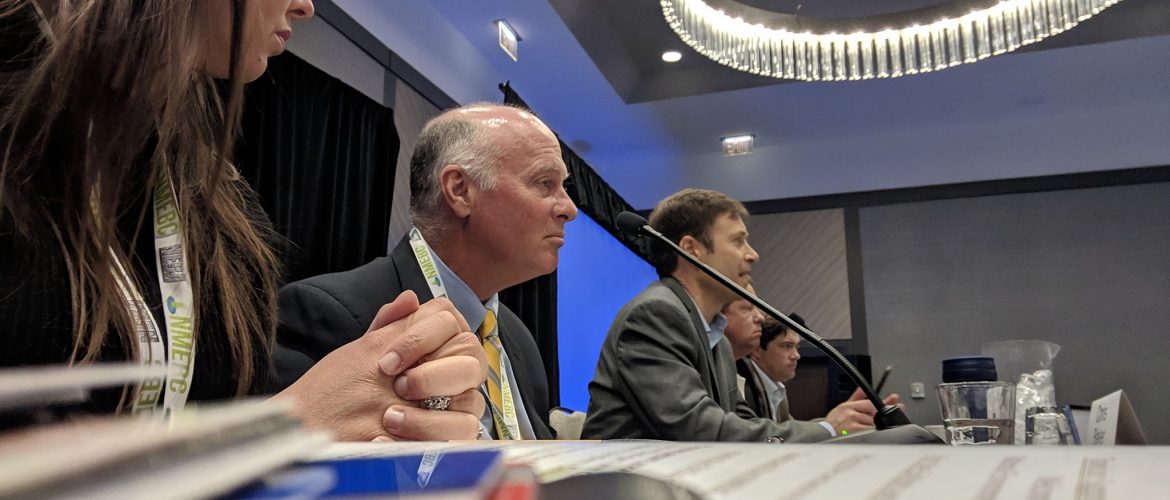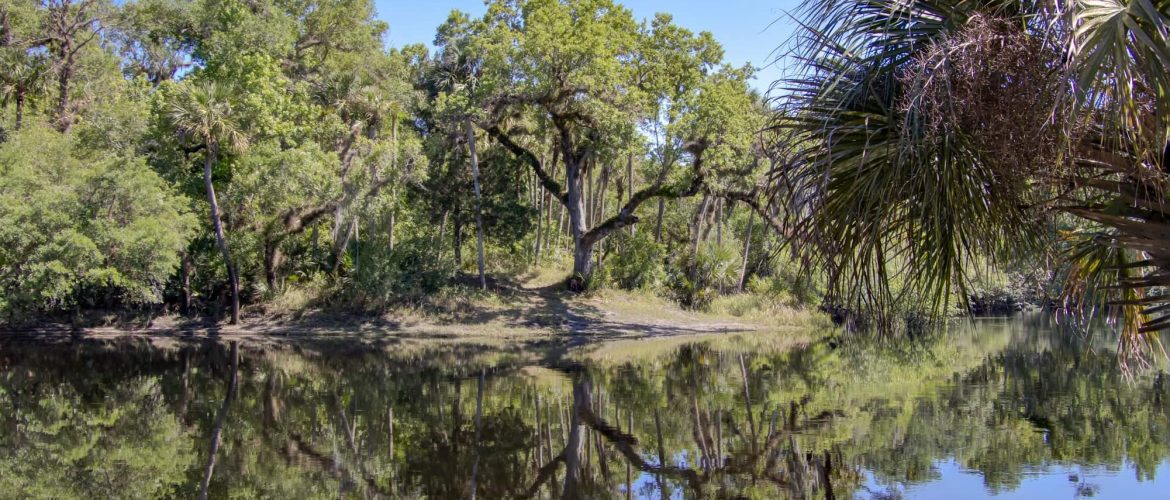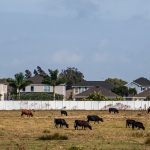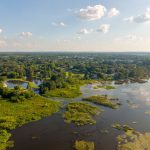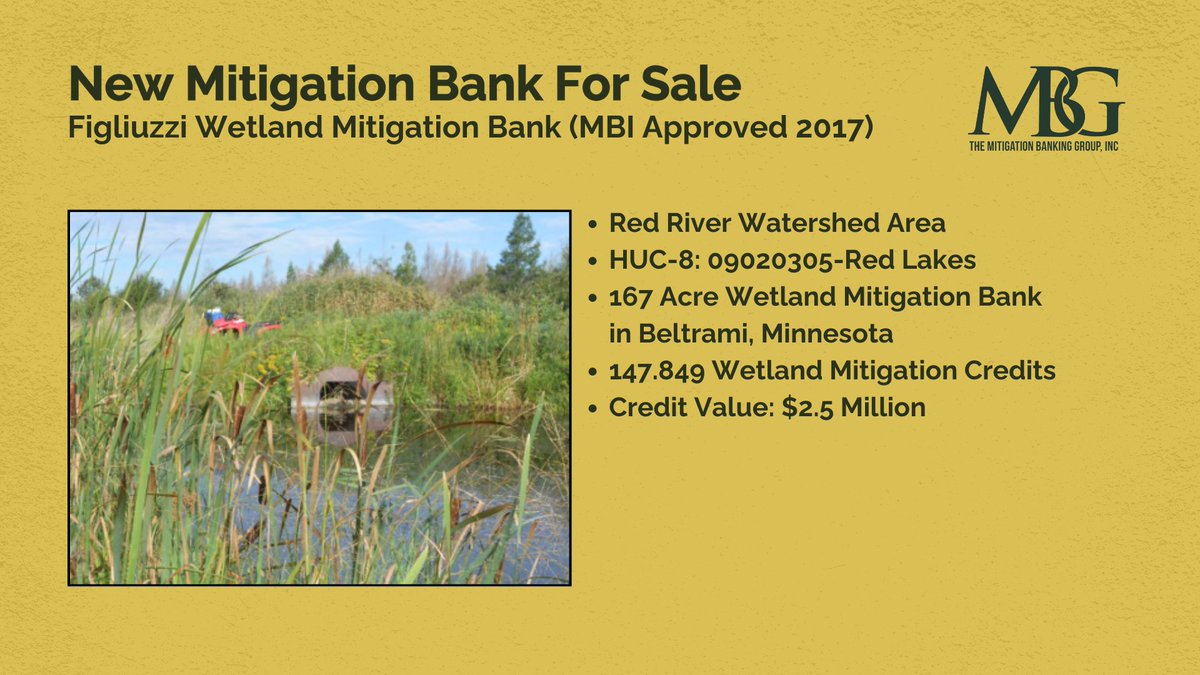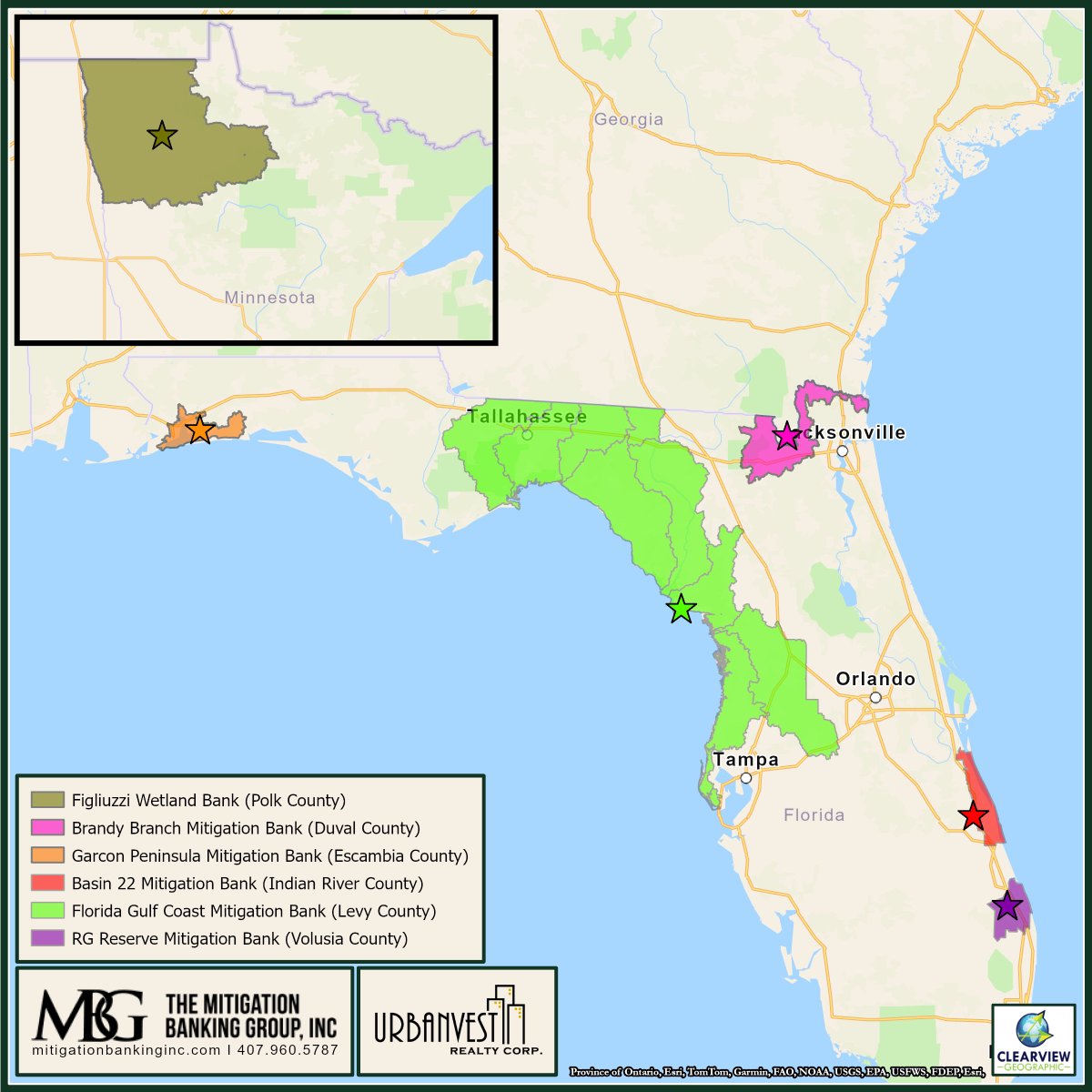The 2022 FAMB Mitigation Banking Workshop November 9th-10th I’ll be in Jacksonville November 9-10 2022 for the Florida Association of Mitigation Bankers for the annual Mitigation Banking Workshop at the Marriott Jacksonville Downtown. This workshop features the United States Army Corps of Engineers, Florida Department of Environmental Protection, SFWMD, SJRWMD, SWFWMD and USFWS. Registration Fees (In-person or Virtual): FAMB Members: $250.00 Non FAMB Members: $600.00 Regulatory/Public Sector Staff: No charge The Marriott Jacksonville Downtown is offering a special
Lake Jesup Wetland Mitigation Wetland Mitigation Options in Lake Jesup Basin, Florida There are no mitigation banks within the Lake Jesup Basin in Florida. However, there are offsite parcels of land that can be utilized as compensatory mitigation for unavoidable wetland disturbances in Lake Jesup Drainage Basin/Watershed. Mitigation Credits can be purchased from an offsite mitigation area that is preserved with a conservation easement and donated to SJRWMD for the land to be managed in perpetuity. The mitigation needs to stay
My Career in Environmental Restoration began as an intern in 2004, since then I have worked closely with landowners who provide preservation, restoration and enhancement of large tracts of land to manage crucial ecosystems. To obtain a mitigation banking permit takes approx 2-8 years, and the landowner must have a conservation easement on the land as well as a Short Term & Long Term Trust Fund to ensure the land is managed in perpetuity. The Environmental Protection Division (EPA) authorizes wetland
The application of compensatory mitigation policy in the U.S. is responsible for slowing the loss of wetlands that protect coastal communities, for keeping rivers and streams clean for drinking and recreational use, for protecting the remaining stronghold habitats of our nation’s treasured wildlife — all while allowing the economy to continue to grow. Corporations and governments internationally accept compensatory mitigation as a sensible and necessary way of doing business while protecting public values. https://thehill.com/blogs/pundits-blog/energy-environment/340092-no-cleaning-up-after-ourselves-is-not-un-american/
Let’s get together for the Lagoon! The International Coastal Cleanup began more than 30 years ago when communities rallied together with the common goal of collecting and documenting the trash littering their coastline. The Marine Resources Council invites you to join in for this year’s cleanup on Saturday, September 17, 2022, at 8:00 AM. For event details and to RSVP, please click the “Register” button below, or visit https://2022coastalcleanup.eventbrite.com/?aff=eb. Please register soon because the supplies
Feds Advance Conservation Bank Rules The Fish and Wildlife Service today launched an effort to set uniform rules for conservation banks, an increasingly popular tool important for property owners, environmentalists and vulnerable species alike. In a belated move pushed by Congress, the federal agency initiated the first step in the rule-setting that’s supposed to culminate in improved protections for plants and animals listed under the Endangered Species Act. “Conservation banks contribute to the recovery of listed species and help reduce threats such
The 2022 Legislative Session went into overtime, as the Senate and House were not able to agree on the budget in time to adjourn by Friday. They returned on Monday, March 14 to approve the budget and adjourned sine die at 1:03 pm. The Legislature approved a budget for Fiscal Year 2022-2023 in a record amount of $112 billion. Attention now turns to the Governor and his veto power over passed legislation, including line-item veto power over the budget. The 2022 Legislature addressed a
Conservation Bank Credit Ledger Q: When a developer buys mitigation or conservation credits from the mitigation/conservation bank, does he need to keep the credit in perpetuity or can he resell the credits once the negative impact is considered offset so that the conservation bank can resell it after to another who needs to mitigate for negative impacts on the environment? A: When you purchase a Conservation/Mitigation bank credit, the credit is debited from the conservation/mitigation bank ledger which is held by the
Join Victoria and Panel on Thursday, July 21st 8:30AM -10:10AM – Marriott, Marco Island (Caxambus 1 & 2) AAA. WETLANDS MITIGATION BANKING LATEST UPDATES The growth of Florida’s mitigation banking industry has resulted in over 100 permitted banks providing mitigation to 4,000+ projects throughout the state. As the industry evolves, changes in regulatory and policy standards are inevitable. This course focuses on recent changes on a national and state level
Process of Determining How Much Wetland Mitigation Credits Cost? Depending on the quality of the wetland/surface water functions will play an important factor into the price, which can range from $30,000.00- $360,000.00/Acre of Impact. Once you apply for an Environmental Resource Permit to the appropriate agencies, we will send a reservation letter showing that the credits are reserved for your project (with a signed agreement & deposit). The process takes approx. 90 days. Once the permit is issued, and the final balance has
